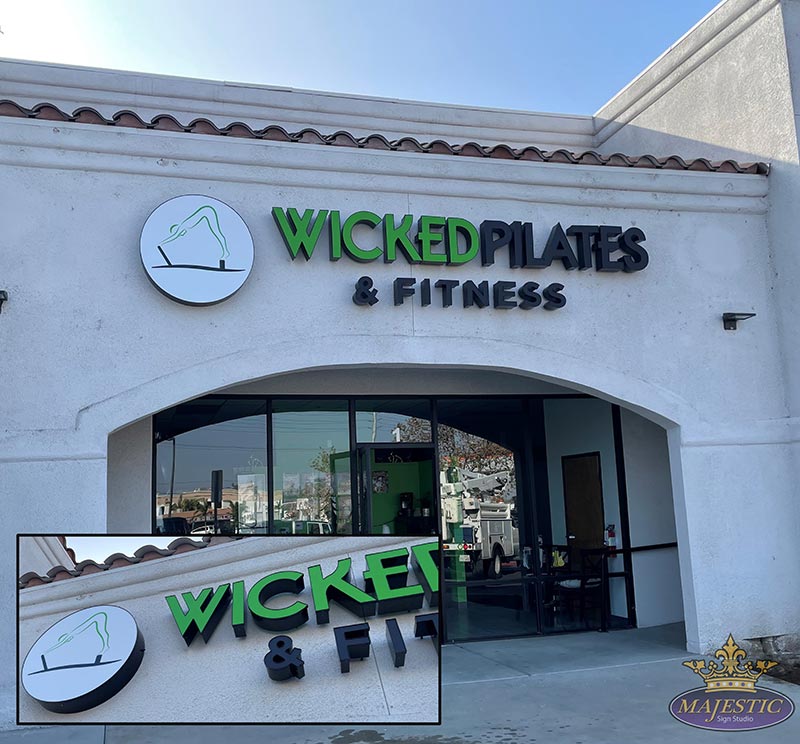
The real estate industry is undergoing a massive digital transformation. Gone are the days when property listings and client management relied solely on paperwork, spreadsheets, and basic CRMs. Today, companies are embracing custom real estate software development to streamline operations, enhance customer experience, and stay competitive in an evolving market.
But choosing the right development partner isn’t as straightforward as it seems. With countless tech vendors claiming to be “the best,” how do you separate the fluff from the truly capable? This comprehensive guide will walk you through everything you need to know to make an informed and confident decision.
Why Custom Real Estate Software Development Matters
Before diving into how to choose a company, it’s essential to understand why custom software is becoming a game-changer in the real estate industry.
Unlike off-the-shelf solutions, custom real estate software development tailors platforms specifically to your business model. Whether you’re a real estate agency, property manager, builder, or investor, a customized solution allows you to:
-
Integrate multiple systems (CRM, ERP, MLS)
-
Manage property portfolios efficiently
-
Track leads and automate follow-ups
-
Enable seamless virtual tours and online transactions
-
Enhance data security and compliance
Customization ensures the software evolves with your business needs — not the other way around.
Key Features to Look for in a Custom Real Estate Solution
When working with a development company, make sure your custom solution includes features that align with your goals:
-
CRM Integration: Centralized lead and customer management.
-
MLS Connectivity: Sync listings in real-time from national/regional databases.
-
AI-Powered Insights: Predictive analytics for pricing, location performance, and market trends.
-
Virtual Tours and AR: Enhance property visualization through 3D or augmented reality.
-
Document Automation: Digital signature, contract management, and approval workflows.
-
User Dashboards: Personalized views for agents, clients, and admins.
-
Mobile Optimization: Fully functional mobile applications for both Android and iOS.
Each business will have its own priorities, so communicate your must-haves early in the development process.
Step-by-Step Guide to Choosing the Right Development Partner
1. Understand Your Requirements First
Before reaching out to a development company, map out your needs. Are you trying to build a client-facing app? Do you need an internal dashboard for agents? Are you planning to integrate with legacy systems?
Having a clear scope will help you evaluate whether a company’s experience aligns with your goals.
2. Look for Industry Experience
Developing software for real estate isn’t just about writing code. It involves understanding the market, compliance requirements, and user behavior. Choose a custom real estate software development company that has real estate projects in its portfolio.
Experience with real estate CRMs, listing platforms, rental management, and real-time data syncing should be non-negotiable.
3. Check the Tech Stack
The tools and technologies your partner uses will affect your software’s scalability and performance. Ask about their proficiency in:
-
Backend: Node.js, Python, .NET, Ruby
-
Frontend: React, Angular, Vue.js
-
Databases: PostgreSQL, MongoDB, MySQL
-
Cloud Services: AWS, Azure, Google Cloud
-
DevOps & CI/CD tools for smooth deployment
An experienced team like the one at FX31 Labs balances innovation with stability — using cutting-edge frameworks while ensuring reliability.
4. Evaluate Their Customization Capabilities
Some companies claim to offer custom development but essentially repurpose templated solutions. Make sure the company builds from the ground up and is open to adapting workflows, interfaces, and integrations per your business processes.
5. Discuss Security and Compliance
Real estate platforms often store sensitive customer data, financial information, and legal documents. Ensure the development company follows industry-standard practices like:
-
GDPR, CCPA compliance
-
Role-based access control (RBAC)
-
SSL/TLS encryption
-
Secure code audit practices
You don’t want to deal with the legal and reputational fallout of a data breach.
6. Ask About Post-Launch Support
Even the best-built software requires regular updates, feature enhancements, and bug fixes. Your chosen partner should provide ongoing maintenance and tech support.
At FX31 Labs, we emphasize long-term partnerships — our team continues to optimize and support client platforms even after deployment.
7. Review Client Testimonials and Case Studies
Go beyond the homepage. Look at real testimonials, case studies, and reviews on third-party platforms like Clutch, GoodFirms, and G2. A proven track record of successful delivery and satisfied clients is a strong indicator of credibility.
Common Pitfalls to Avoid
❌ Going for the Cheapest Option
While budgets matter, choosing a development company based solely on cost often backfires. Cheaper agencies may lack scalability, experience, or commitment to long-term support. Instead, aim for value — not just cost.
❌ Ignoring UI/UX Design
Even the most powerful software can fail if users find it confusing or slow. Make sure the company includes expert UI/UX designers in the team to create intuitive interfaces and engaging user experiences.
❌ Overlooking Scalability
What works for a team of 5 might collapse when you grow to 50 agents or 500 clients. Think ahead. A good custom solution should support scalability — horizontally and vertically.
Custom vs Off-the-Shelf: Quick Comparison
| Feature | Custom Software | Off-the-Shelf Software |
|---|---|---|
| Personalization | Fully customizable | Limited customization |
| Scalability | High | Often limited |
| Upfront Cost | Higher initial investment | Lower cost, recurring fees |
| Time to Launch | Longer (tailored to needs) | Quick setup |
| Integration Flexibility | Seamless integration with other tools | Often restrictive |
| Ownership | Full (you own the code) | Subscription-based, limited control |
The Role of FX31 Labs
While many development companies offer general software services, only a few specialize in custom real estate software development. At FX31 Labs, we understand that real estate businesses are unique and constantly evolving.
Our team blends real estate domain expertise with cutting-edge technology to deliver tailor-made platforms — from mobile apps and agent dashboards to lead management systems and property portals.
We also offer services beyond real estate, including solutions for fintech clients seeking a custom trading software development company, further showcasing our versatility in handling complex, data-intensive platforms.
But rather than making it all about us, we focus on you — your goals, your workflows, your success.
Questions to Ask Before Signing the Contract
Before you commit, here are 10 must-ask questions to any potential development partner:
-
Can you show examples of real estate projects you’ve worked on?
-
What is your process for understanding and documenting our requirements?
-
Who will be our point of contact during the project?
-
What technologies will you use for this project and why?
-
How do you ensure the security of user and business data?
-
Will you provide documentation and training for our internal team?
-
What is the expected timeline and what are the milestones?
-
How do you handle bugs or issues post-launch?
-
Will we have full ownership of the source code?
-
Do you provide performance guarantees or SLAs?
Final Thoughts
Choosing the right custom real estate software development company can define your success in an increasingly tech-driven market. It’s more than just code — it’s about choosing a partner who understands your business, shares your vision, and builds platforms that grow with you.
Whether you’re launching a property listing portal, automating property management, or offering clients virtual walk-throughs, custom software can elevate every aspect of your operations.
And when you’re ready to take that step, remember to choose a partner that brings both technical excellence and industry insight to the table — like the team at FX31 Labs, quietly helping businesses like yours thrive in the digital real estate era.







